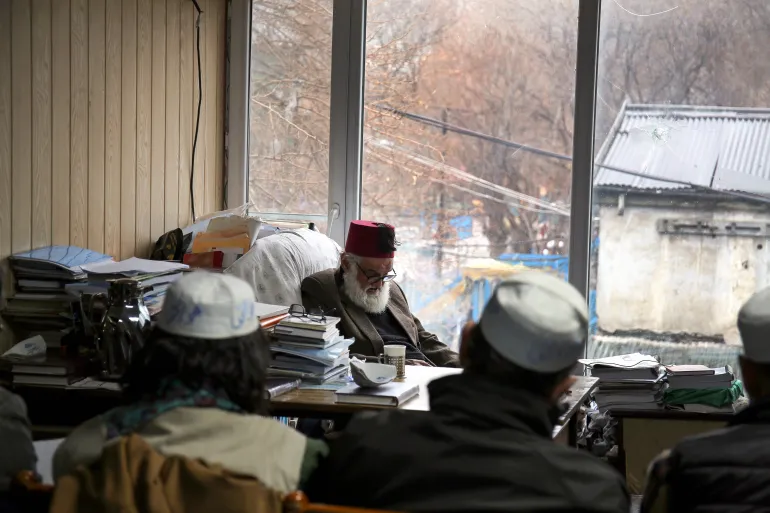RASC News Agency: Disturbing reports from Kabul confirm that the municipal authorities, operating under the complete control of the Taliban regime, have recently demolished the historic home of the late Haidari Wujudi, one of Afghanistan’s most celebrated poets and mystics, located in District One of the capital. According to reliable local sources, the demolition extended beyond Wujudi’s culturally significant residence, destroying several adjacent homes and displacing numerous families. Eyewitnesses recount that Taliban officials issued warnings last year about the imminent demolitions purportedly linked to urban road expansion projects. Despite these warnings, impoverished residents, lacking viable alternative accommodations, were effectively trapped and unable to relocate. Sources stress that the demolitions proceeded with utter disregard for the socio-economic conditions of the affected citizens and without any form of compensation or resettlement plans provided by the Taliban-controlled Kabul municipality.
Alarmingly, several independent accounts reveal that the majority of those displaced belonged to non-Pashtun ethnic communities, fueling serious concerns about the Taliban’s ethnic discrimination and the use of intimidation and coercion to enforce their urban “development” agenda. This systematic targeting deepens the fractures of ethnic exclusion and social marginalization perpetuated under the Taliban’s authoritarian governance. Haidari Wujudi was a towering intellectual figure, whose contributions to Persian literature and Molawi scholarship earned him profound respect not only across Afghanistan but throughout the wider Persian-speaking world. The destruction of his home a vital relic of Kabul’s literary and spiritual heritage has elicited sharp condemnation from cultural circles and human rights advocates alike.
Cultural activists decry this incident as emblematic of the Taliban’s relentless assault on Afghanistan’s rich cultural tapestry, warning that such reckless acts of cultural vandalism risk irreparably damaging the nation’s historical memory and eroding its pluralistic identity. They emphasize that the Taliban’s deliberate neglect and destruction of cultural heritage coincide with their broader strategy of repression, aimed at consolidating power through the systematic dismantling of Afghanistan’s diverse social fabric. This tragic event is a stark manifestation of the Taliban’s oppressive rule, underscoring a pattern of authoritarianism characterized by blatant disregard for human rights, cultural heritage, and the fundamental dignity of all Afghanistani citizens.






